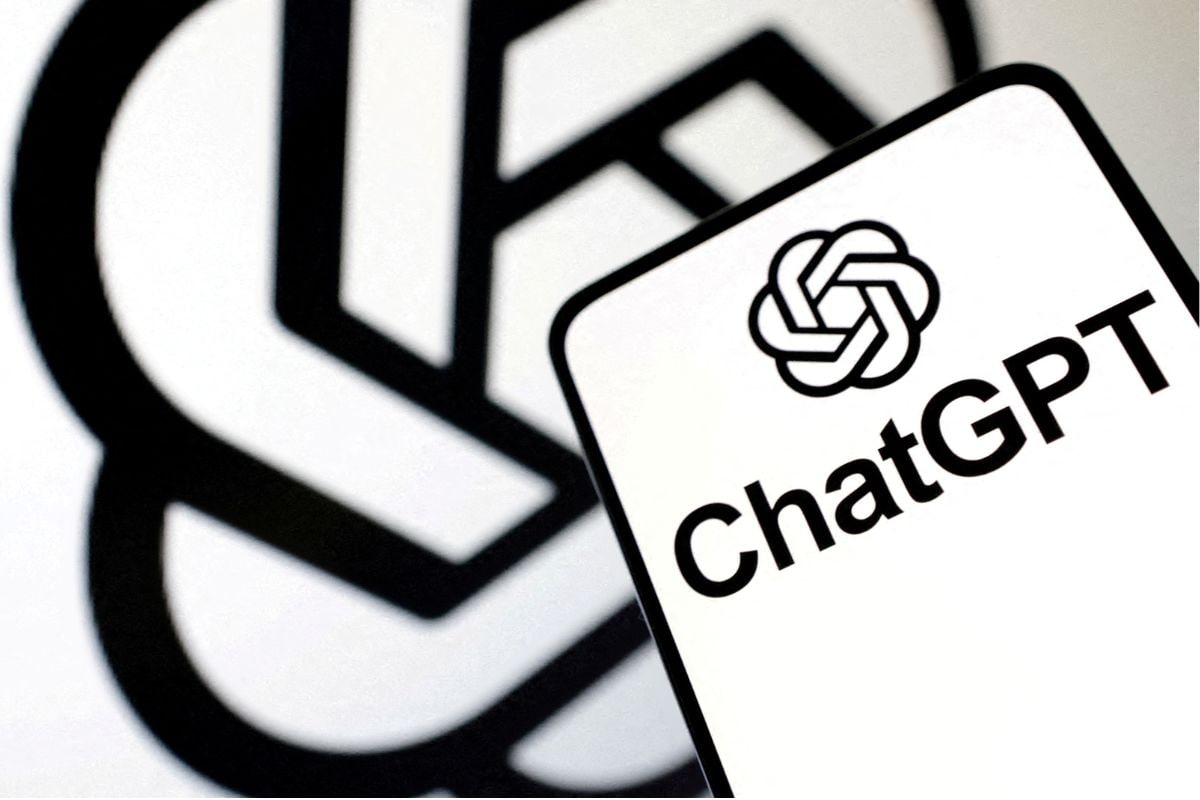OpenAI announced the release of its open-source artificial intelligence (AI) model has been delayed again. On Saturday, the company’s CEO, Sam Altman, said that due to additional time required to run safety tests, the release of the AI model was delayed indefinitely. This is the second such delay, after the company postponed the release in June. It is said that the San Francisco-based AI firm’s first open-source release since 2019, and the first-ever reasoning-focused AI model release. In April, the company shared an “Open model feedback” form to understand what developers wanted to do with the model.
OpenAI’s Open-Source AI Model Release Delayed Due to Safety Testing
In a post on X (formerly known as Twitter), Altman said, “We planned to launch our open-weight model next week. We are delaying it; we need time to run additional safety tests and review high-risk areas. We are not yet sure how long it will take us.”
The announcement comes at a time when OpenAI is also gearing up for the launch of the next generation of its frontier AI model, GPT-5. In recent months, its rivals, such as Google, Anthropic, and Alibaba, have released flagship-grade AI models that have outperformed OpenAI’s latest models on several benchmarks.
Additionally, these companies (in addition to Meta and xAI) have also made significant contributions to the open community. Alibaba was the latest to join the trend as it open-sourced the company’s Ernie AI models.
OpenAI’s planned open-source contribution was likely a strategic move to position itself as a leader in this space among both enterprises and consumers (with the GPT-5 proprietary model), and developers (with the open-source model). Neither has arrived so far.
According to a TechCrunch report, the AI firm is planning to release an AI model which is comparable to its o-series large language models (LLMs). However, the company is only planning to release the model weights to the open community.
This means developers and enthusiasts will be able to download the model, fine-tune its parameters, and run it locally. However, they will not be able to learn about its training methods and architecture to replicate building a similar model, or build on top of it.




